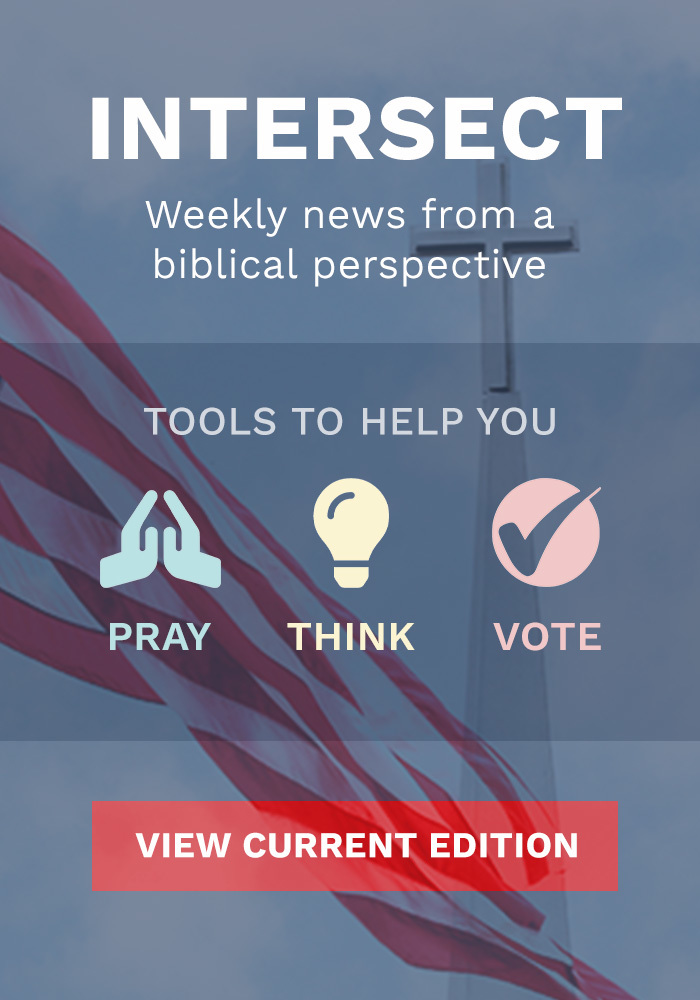
11 Tips for Discerning the News
Discerning the news can be challenging, but in an era of misinformation and disinformation, it is more important than ever to sort fact from fiction.
Here are 11 tips to help you discern news stories:
- Check the source: Pay attention to the source of the news story. Is it a reputable news organization with a history of accurate reporting? Is it a less well-known or partisan outlet? Or is it a satire site like the Babylon Bee or the ONION whose stories are written to make you laugh but shouldn’t be taken seriously? Be especially cautious of news stories that come from sources that you are unfamiliar with or that have a clear bias.
- Look for multiple sources: Try to get your news from multiple sources, both mainstream, and alternative. This can help you get a more balanced and nuanced perspective on the issue at hand. When searching for additional sources, look for reporters and avoid repeaters. Reporters covered the story directly. They were on the scene talking to witnesses and assessing the situation themselves. Repeaters were not there. They simply paraphrased and published someone else’s story—repeating any errors that may have been in the original account.
- Read beyond the headline: Headlines are designed to grab attention and generate clicks, but they may not accurately reflect the content of the article. Most times, headlines are not written by the same person who wrote the news story. Read the entire article to get a better understanding of the story.
- Beware mind readers: In journalism, the 5W’s and an H are who, what, when, where, why, and how? These are the fundamental questions of news reporting. For many stories, the most difficult question to answer is, “Why?” It cannot be deduced from simple observation. Witnesses can only speculate. The “why” can only be revealed by the subject. Be wary of any story that purports to explain why someone did something without a direct quote from the individual responsible.
- Watch out for reporter bias: Recognize that all news sources have some degree of bias, whether conscious or unconscious. Try to be aware of the bias of the sources you are reading and factor that into your evaluation of the information presented. For better or worse, this is becoming easier as more news outlets acknowledge—and even embrace—their biases.
- Recognize your own bias: Confirmation bias describes the human tendency to search for, interpret, favor, and remember information that confirms your existing beliefs. It is especially pronounced when it comes to closely held, ideological, or emotionally charged views, like those found in politics. To counter confirmation bias, you should increase your skepticism when reading or watching stories with which you agree.
- Consider the context: Zoom out. Pay attention to the broader context of the news story, including the historical, social, and political factors that may be relevant. This can help you understand the implications of the news story and evaluate its significance.
- Require transparency: If a news story lacks transparency in how it was sourced, reported, or edited, it may be more likely to be inaccurate or biased. When the story says, “experts agree,” demand to know which experts they are referring to and what credentials or experience justify their expertise. It is okay to wonder, “Is that anonymous source even real?”
- Be a critical thinker: Use your critical thinking skills to evaluate the news story. Be skeptical of claims that seem too good (or too bad) to be true and be willing to question the assumptions underlying the story. Think critically. Ask yourself questions about the article you are reading. What evidence is presented to support the claims being made?
- Wait: Often, more details emerge over time further clarifying a story and occasionally changing it entirely. The first narrative is often a false narrative. When actor Jussie Smollett claimed he was assaulted by white conservatives late at night on the streets of Chicago, major news outlets immediately reported it as a hate crime. Only later, as the facts emerged, was his story revealed to be a hoax.
- Read through a biblical lens: The most important tip is this: One cannot truly discern the news without considering biblical concepts and truths. Today, most stories adopt a premise that something is either 'good' or 'bad', and the Christian reader must pause to consider why the author makes that assumption and whether it aligns with biblical text.
As unethical people spread disinformation on social media and artificial intelligence mimics people and generates deepfakes, the truth will be increasingly difficult to discern. But these 11 tips can help you find it and it will be more valuable when you do.
My Faith Votes helps you discern the news each week with a publication called Intersect. We take the top 4 stories of the week and discern them from a "Think, Pray, and Act" perspective. Subscribe to get it in your inbox every Wednesday morning right here.
###
My Faith Votes— is a ministry that motivates, equips, and activates Christians in America to vote in every election, transforming our communities and influencing our nation with biblical truth. An estimated 25 million Christians who are registered to vote, fail to vote in presidential elections. My Faith Votes is on a mission to change this statistic by helping Christians act on their faith and vote in every election. When we pray unceasingly for our nation, think biblically about the issues, and vote consistently in every election the impact of Christians taking action from the local to the state and federal level will be unprecedented.
Website | www.myfaithvotes.org Twitter | @MyFaithVotes Facebook | My Faith Votes

 TV
TV